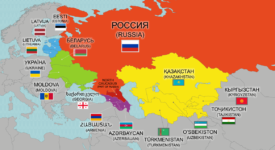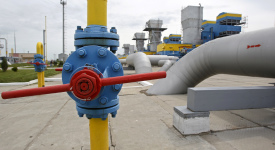The European Union and Azerbaijan have resumed mutual cooperation via their Cooperation Council. Intended as a high point in relations, the council was supposed to be held annually but had a three-year gap. The meeting was designed to intensify EU-Azerbaijan relations including the launch of talks last year on a new bilateral agreement.
Since the latest Council in 2013, EU-Azerbaijan relations hit their low in 2015 following Brussels’ criticism of the country’s human rights situation including the prosecution of human rights defenders. Last month, the EU expressed concern over the sentencing of Azerbaijani journalist Afghan Mukhtarli to six years in prison after he had investigated Azerbaijan’s strongman leader Ilham Aliyev for corruption. Mr. Mukharli had been abducted from his self-imposed exile in Georgia in May 2017 and brought back to Azerbaijan where he was placed under police custody.
The Commission has changed its approach at the end of November 2016 and adopted a mandate to negotiate a new deal with Azerbaijan, driven by business objectives. From the statement it became clear that both sides wanted to speed up Azerbaijan’s accession to the WTO as it would allow them to discuss more ambitious trade options in the new bilateral agreement.
The EU had wanted to pursue a policy of association with East European countries until it had to face setbacks such as the Crimea crisis and the decision of Armenia and Belarus to become members of the Russia-led Customs Union, which prompted Brussels to rethink the strategy. Out of the six countries of the Eastern Partnership (EaP), only Georgia, Moldova and Ukraine adhere to their Association Agreements. Azerbaijan is a bit different case. The country is oil-rich and as such it wants to pursue a policy that makes it independent both from Russia and the EU.







